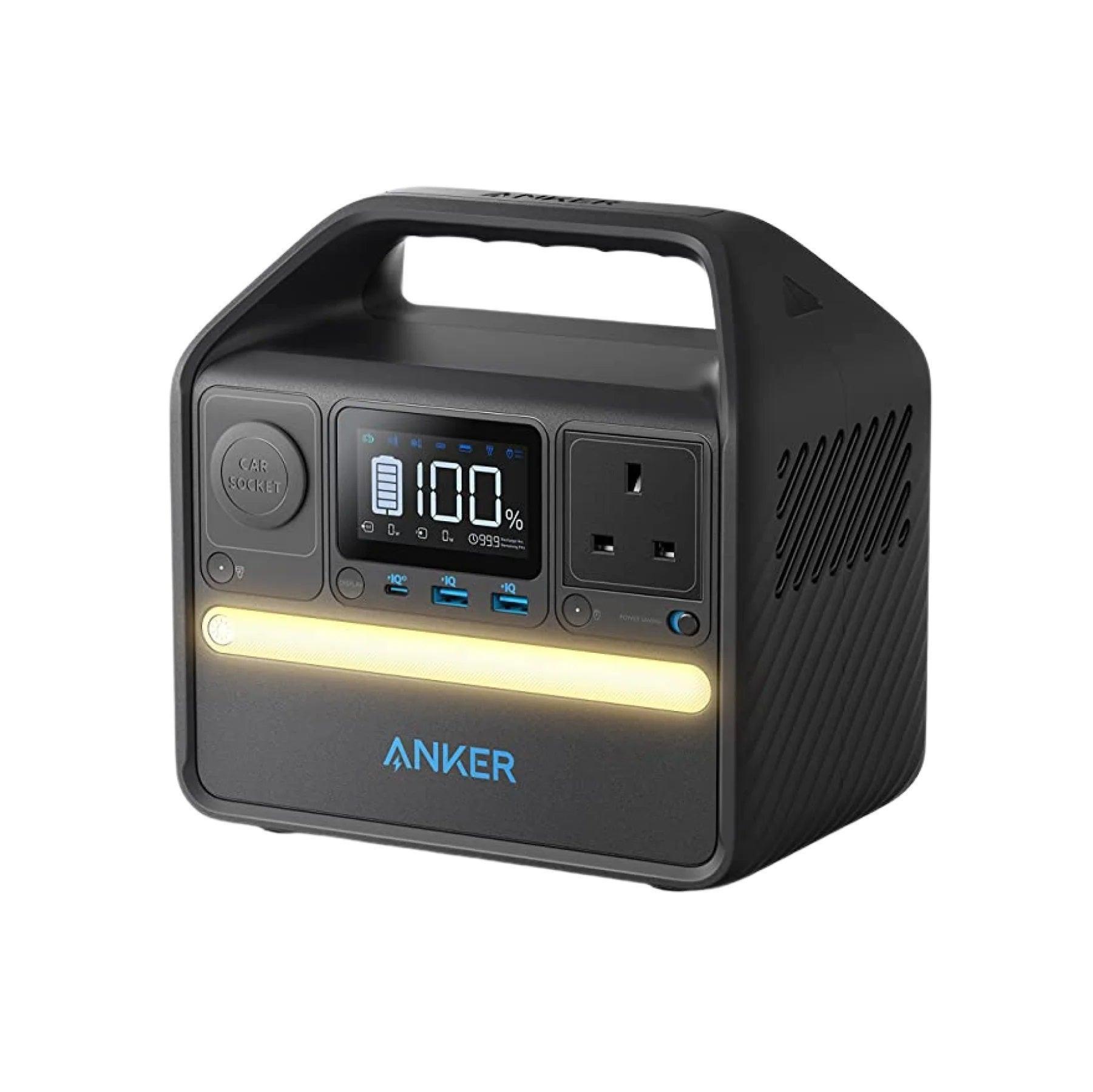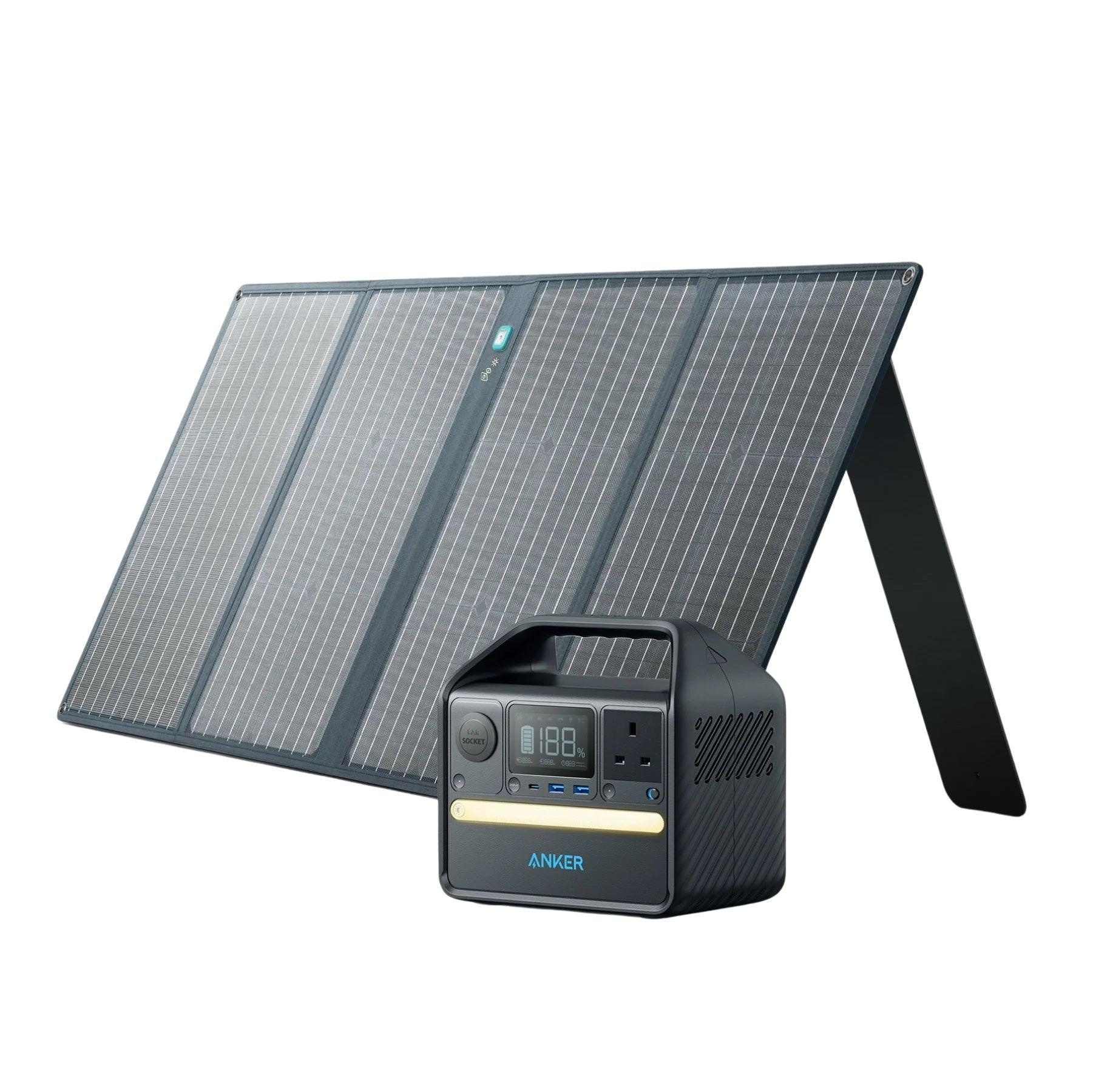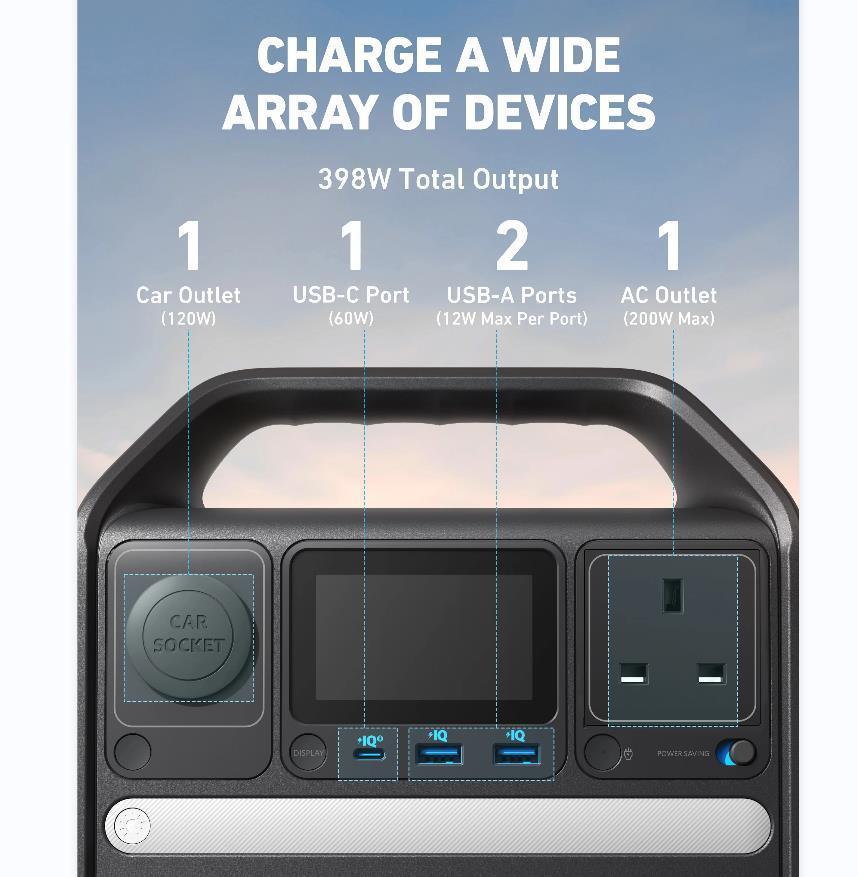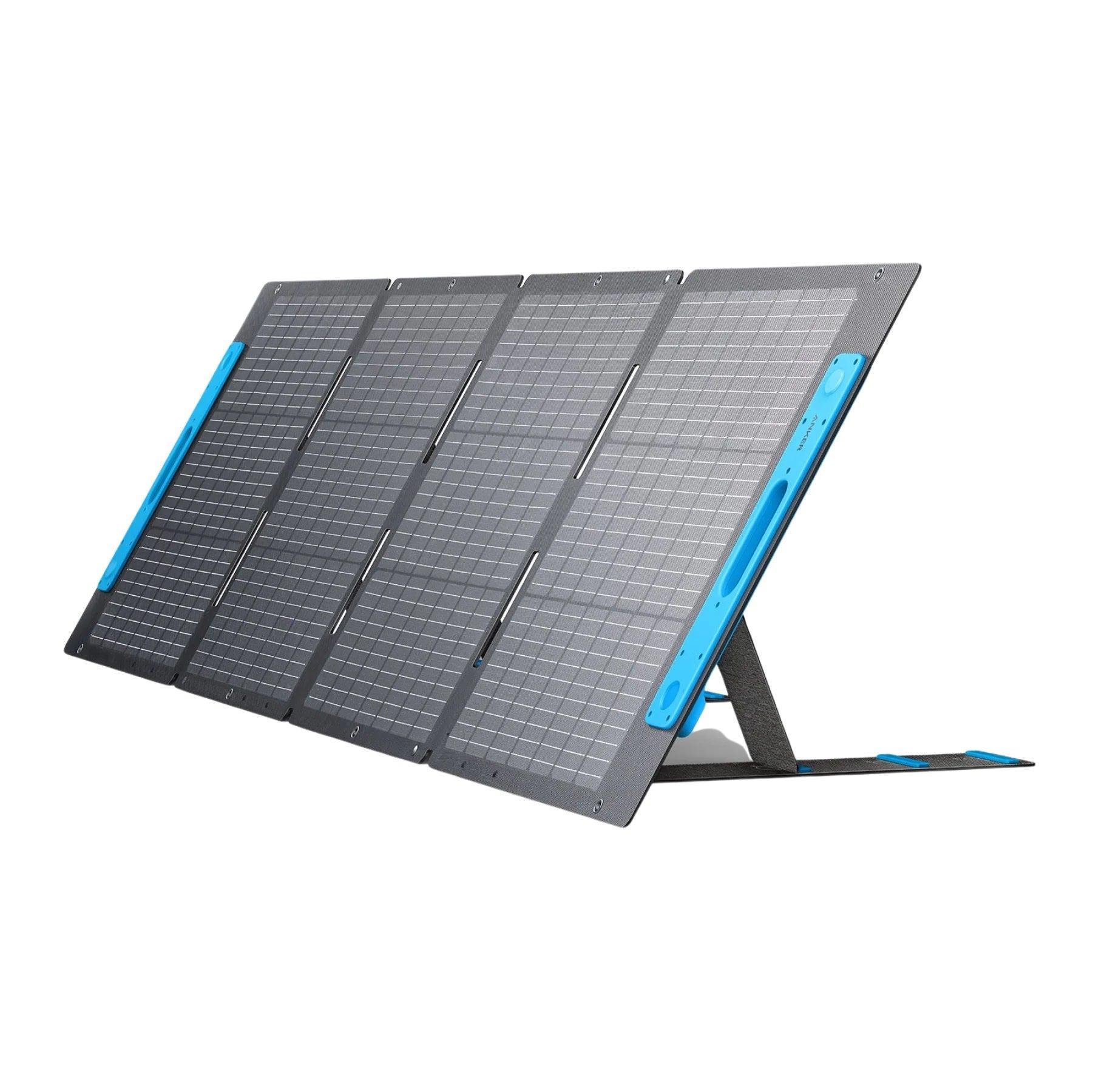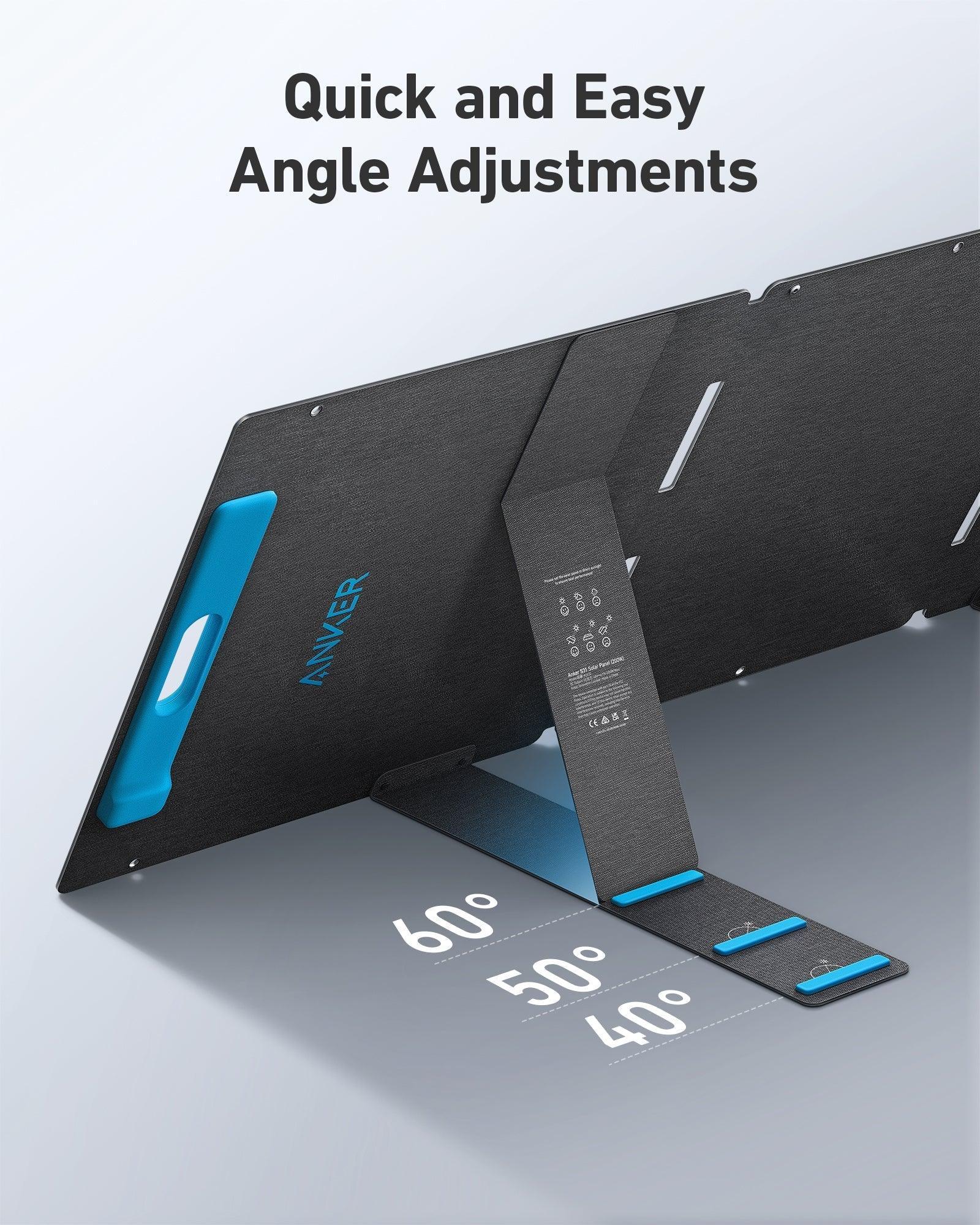The rise of solar energy is a great thing for both homeowners and the environment. It's among the fastest-growing energy sectors in the world, and it offers a clean, renewable power source that can help reduce our carbon footprint.
But with this popularity comes concern about the safety of solar panels. Are they safe for your home? Are solar panels dangerous? In order to answer this question, we need to first define what solar panels are and how they work.

Understanding Solar Panels
Solar panels, those shiny, sleek structures you see adorning rooftops or spread across fields, have become a common sight in our modern world. But what exactly are they, and how do they work?
What Are Solar Panels?
Photovoltaic (PV) panels, commonly referred to as solar panels, are the core components of any solar power system. Their primary function is to transform sunlight into usable electricity. These panels are typically composed of numerous individual solar cells, which are predominantly made from silicon. This semi-conductive substance is a popular choice due to its widespread use in the field of microelectronics.
The Components of a Solar Panel
Solar panels are more than just a collection of solar cells. They are complex pieces of technology with several key components. Let's break it down:
- Solar Cells: These are the main components that convert sunlight into electricity. Each cell generates a small amount of electricity, but when combined in a panel, they can power homes and businesses.
- Glass Casing: Solar panels are encased in a durable glass casing to protect them from the elements. This casing is designed to be highly transparent to allow maximum sunlight to reach the solar cells.
- Frame: The frame provides structural support to the solar panel. It is typically made of aluminum for its combination of strength and lightness.
- Backsheet: Located at the back of the panel, the back sheet provides insulation and protects the panel from any potential damage from the rear.
- Junction Box: This is where the electrical components are housed. It is responsible for the transfer of electricity from the panel to the inverter, which then converts the electricity into a form that can be used in your home.
How Do Solar Panels Work?
Now that we've covered the components, let's talk about how solar panels work. It's a fascinating process that involves a bit of physics but don't worry, it's quite simple.
- Absorption of Sunlight: The process begins when sunlight hits the solar cells. The cells absorb the sunlight's photons, which are particles of light.
- Generation of Electricity: The absorbed photons excite the electrons in the silicon cells, causing them to move and generate an electric current. This is known as the photovoltaic effect.
- Conversion and Usage: The generated electricity is in the form of direct current (DC). However, most homes and appliances use alternating current (AC). Therefore, the DC electricity is passed through an inverter to convert it into AC electricity, which can then be used in your home.
- Excess Power to the Grid: If your solar panels produce more electricity than you can use, the excess power is sent back to the grid. In many places, you can earn credits for this excess power, effectively reducing your electricity bill.
Technology utilizing solar energy like solar generators is not just about soaking up the sun; it's about transforming sunlight into usable power in a clean, sustainable way. But the question remains, are solar panels dangerous?
Common Myths about Solar Panels
Solar panels have been basking in the limelight for quite some time now, and with the spotlight comes a fair share of myths and misconceptions. Let's debunk some of these myths and set the record straight.
Solar Panels Cause Fires
You've probably heard whispers about solar panels causing fires. It's a scary thought, isn't it? But here's the truth: solar panels themselves are not a fire hazard. In fact, they undergo rigorous testing to ensure they can withstand high temperatures and are safe to use.
However, like any electrical system, if not properly installed or maintained, they could potentially lead to a fire. That's why it's crucial to have your solar panels installed by a certified professional and to keep up with regular maintenance. So, are solar panels dangerous when it comes to fires? Not if they're properly taken care of!
Solar Panels Emit Harmful Radiation
Here's another myth that's been floating around: solar panels emit harmful radiation. But let's clear this up right now. Solar panels do not emit harmful radiation. They simply absorb the sunlight's photons and convert them into electricity. They don't produce any by-products or emissions during this process. So, you can put your radiation worries to rest!
Solar Panels Cause Dangers on Your Property
Some folks worry that solar panels might pose a danger to their property. Maybe they're concerned about the weight of the panels damaging their roof, or perhaps they're worried about the panels flying off in a storm.
But here's the deal: solar panels are designed to be lightweight and are securely mounted to withstand harsh weather conditions. Plus, before installation, professionals assess the condition of your roof to ensure it can support the panels. So, unless you're dealing with broken solar panels, which should be promptly repaired or replaced, there's no need to worry about them causing damage to your property.
Solar Cells Are Toxic
This myth stems from the fact that solar cells contain small amounts of potentially harmful materials like lead and cadmium. However, these materials are encapsulated within the solar cells and pose no risk during normal use.
The real concern arises when disposing of solar panels at the end of their lifespan. If not properly recycled, these materials could potentially enter the environment. That's why it's important to dispose of or recycle old solar panels responsibly.
Solar Power Doesn't Work in Winter
Some people believe that solar panels are useless in winter. But that's not the case! While it's true that solar panels produce less energy on shorter, cloudier winter days, they still function. In fact, solar panels can perform more efficiently in cooler temperatures. So, even in winter, your solar panels are hard at work.
So, are solar panels a danger or a boon? Well, like any technology, they come with their own set of challenges. But with proper installation, maintenance, and disposal, the dangers of solar panels can be effectively managed.
How to Keep Safe When Turning to Solar Energy?

So, you're thinking about harnessing the power of the sun. That's fantastic! But you might be wondering, "How can I ensure I'm doing this safely?" or "Are solar panel fields dangerous?" Don't worry, we've got you covered. Here are some tips to help you safely embrace solar energy.
Choose a Reputable Installer
The first step towards safe solar energy is choosing a reputable installer. Look for a company that is certified and has a track record of successful installations. A good installer will assess your property, design a system that meets your needs, and ensure it's installed correctly and safely.
Regular Maintenance
Like any piece of equipment, solar panels and portable power stations need regular maintenance to keep them running smoothly and safely. This includes cleaning the panels to remove dust and debris, checking for any physical damage, and ensuring the electrical connections are secure. Some of this you can do yourself, but for more technical checks, it's best to call in a professional.
Proper Positioning
Proper positioning of your solar panels is crucial for both efficiency and safety. Panels should be installed in a location that gets plenty of sunlight, but they also need to be securely attached to withstand wind and weather. Your installer can help determine the best position for your panels.
Safe Wiring
Electrical safety is paramount when it comes to solar panels. All wiring should be done by a certified electrician and should comply with local electrical codes. This will help prevent electrical faults that could potentially lead to fires.
Responsible Disposal
At the end of their lifespan, solar panels need to be disposed of responsibly to prevent harmful materials from entering the environment. Many manufacturers offer take-back programs, and there are also recycling facilities that specialize in solar panel disposal.
Safety with Broken Panels
If a panel gets damaged, it's important to handle it safely. Are broken solar panels dangerous? They can be if not dealt with correctly. Broken panels can expose electrical components or potentially harmful materials. If a panel is broken, avoid touching it and contact a professional for repair or replacement.
Monitor Your System
Most solar energy systems come with monitoring software that allows you to track your system's performance. Regular monitoring can help you spot any issues early and ensure your system is running safely and efficiently.
So, while there are potential dangers of solar panels, with the right precautions, they can be a safe and effective way to generate electricity.
Conclusion
Like any technology, solar panels come with their own set of challenges. But with the right knowledge and precautions, these challenges can be effectively managed.
Solar energy is a powerful tool in our fight against climate change. It offers a clean, renewable source of power that can help reduce our reliance on fossil fuels. But as with any significant change, it's essential to approach it with a clear understanding and respect for both its potential benefits and its risks.
Remember, the key to safe and effective solar energy is choosing a reputable installer, maintaining your system, and using it responsibly. With these measures in place, you can confidently harness the power of the sun and enjoy the benefits of solar energy.
[ddshopfaq-59563]

